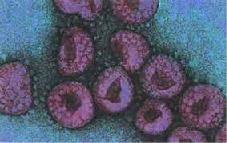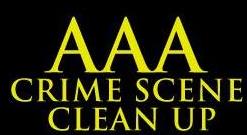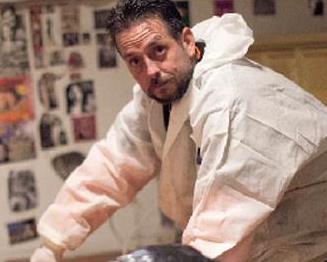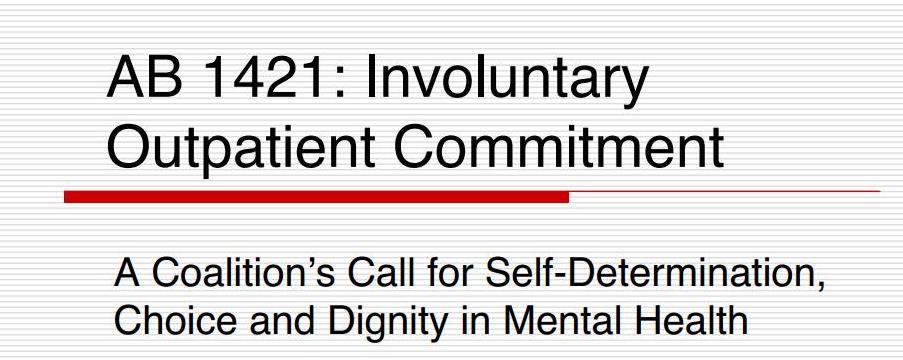24 HOUR HELP LINE
24 HOUR HELP LINE
(800) 818-6493
"With Respect
and Compassion"
24 HOUR HELP LINE
(800) 818-6493
"With Respect
and Compassion"
AAA
HOARDING & BIOHAZARD REMOVAL
HOARDING & BIOHAZARD REMOVAL
SERVICES
CONTACT
MEDIA
ADVOCACY
BIOHAZARD
SERVICES
HOME
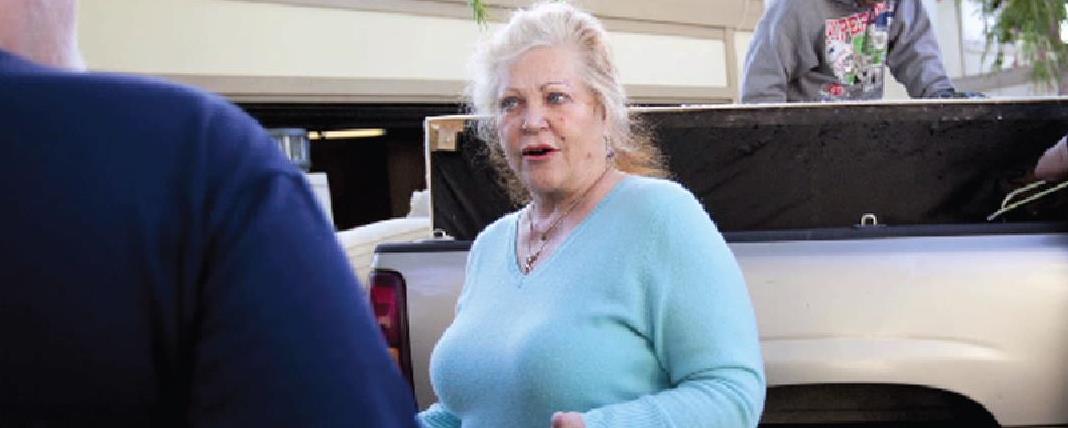


AAA
HOARDING & BIOHAZARD REMOVAL
HOARDING & BIOHAZARD REMOVAL
AAA
HOARDING & BIOHAZARD
REMOVAL
HOARDING & BIOHAZARD
REMOVAL
24 HOUR HELP LINE
24 HOUR HELP LINE
(800) 818-6493
"With Respect
and Compassion"
24 HOUR HELP LINE
(800) 818-6493
"With Respect
and Compassion"
UNDERSTANDING
HOARDING
HOARDING
ABOUT US
RESOURCES
AAA CRIME SCENE
CLEAN UP
CLEAN UP
"With Respect and Compassion"
HOME
Hoarding is a complicated condition affescts family, community as well as the person afflicted with the condition. Aside from obvious sanitary issue, Hoarding is, in many cases dangerous. Family members and friends are often concerned about their loved ones who exhibit this behavior, but find that their attempts to help are often met with resistance and rarely result in long term change. AAA HOARDING & BIOHAZARD has worked with many families to help clean up their loved one's home
The hoarder experience often impacts loved ones directly and negatively in a number of ways (e.g. not being able to use areas of the house, allergies, safety threats, and psychological stress).
An adult child may enter their parent’s cluttered home and clear it out without permission. The most common reactions from the parent who hoards are deep feelings of betrayal, anger, anxiety, and grief. Most family members expect some type of negative reaction, but are often shocked by the intensity of the emotions. It can take several months, or even years for hoarders to recover from a situation like this.
Where to Start:
First you should educate yourself about this behavior. Go to the International OCD Foundation (IOCDF) website and look at the Book List for some excellent resources . This behavior is so much more than messiness and treatment includes much more than just cleaning the house. Hoarding involves both skills deficits that are likely biological in nature, and learning patterns that have been in place for many years, often decades. Many hoarders also have become isolated, distant, and less active. They may replace relationships with connections to their items. Hoarders often find their possessions to be sources of opportunities, reminders of events or people, pleasurable, and/or extensions of themselves.
Get Help.
Help your loved one find a professional in your area. In some areas this will be a difficult task, but visit the IOCDF Treatment Provider Database to look for a local therapist. There are not many therapists who specialize in this behavior. You would likely be best served by working with a cognitive behavioral therapist who is familiar with hoarding or is willing to learn. Again, the IOCDF Book Listhas great resources for professionals. Supervision and continuing education are also often offered by experts in hoarding.
Reward progress.
The change process starts out very slowly in treatment. It may take 1 hour to go through a 1/2 inch stack of papers. As with any skill, as the person who hoards gets more practice in making decisions regarding their items, the process gets easier and things speed up. Remember to give verbal praise to your loved one for any effort they put into changing this behavior.
Avoid common traps.
Because the process is slow, most family and friends feel pressured to accelerate the process by helping the hoarder make decisions about their possessions, or by just doing it for them. When the hoarder fights the decluttering process the home almost always becomes recluttered.
Show them kindness.
Remember that hoarding is just one component of this individual. Don't forget about all of the things that you enjoy about them. I can understand that you may feel cheated by this behavior, but you should know that hoarding is rarely malicious. Most people who hoard find it very difficult to change on their own. Saving their stuff does not mean that they care more about their stuff than you. They are literally unable to do what you have asked of them, which is often to “just throw it out.” It is good to rebuild your relationship by doing enjoyable activities together, as strong relationships often make it easier for hoarders to part with their possessions.
The hoarder experience often impacts loved ones directly and negatively in a number of ways (e.g. not being able to use areas of the house, allergies, safety threats, and psychological stress).
An adult child may enter their parent’s cluttered home and clear it out without permission. The most common reactions from the parent who hoards are deep feelings of betrayal, anger, anxiety, and grief. Most family members expect some type of negative reaction, but are often shocked by the intensity of the emotions. It can take several months, or even years for hoarders to recover from a situation like this.
Where to Start:
First you should educate yourself about this behavior. Go to the International OCD Foundation (IOCDF) website and look at the Book List for some excellent resources . This behavior is so much more than messiness and treatment includes much more than just cleaning the house. Hoarding involves both skills deficits that are likely biological in nature, and learning patterns that have been in place for many years, often decades. Many hoarders also have become isolated, distant, and less active. They may replace relationships with connections to their items. Hoarders often find their possessions to be sources of opportunities, reminders of events or people, pleasurable, and/or extensions of themselves.
Get Help.
Help your loved one find a professional in your area. In some areas this will be a difficult task, but visit the IOCDF Treatment Provider Database to look for a local therapist. There are not many therapists who specialize in this behavior. You would likely be best served by working with a cognitive behavioral therapist who is familiar with hoarding or is willing to learn. Again, the IOCDF Book Listhas great resources for professionals. Supervision and continuing education are also often offered by experts in hoarding.
Reward progress.
The change process starts out very slowly in treatment. It may take 1 hour to go through a 1/2 inch stack of papers. As with any skill, as the person who hoards gets more practice in making decisions regarding their items, the process gets easier and things speed up. Remember to give verbal praise to your loved one for any effort they put into changing this behavior.
Avoid common traps.
Because the process is slow, most family and friends feel pressured to accelerate the process by helping the hoarder make decisions about their possessions, or by just doing it for them. When the hoarder fights the decluttering process the home almost always becomes recluttered.
Show them kindness.
Remember that hoarding is just one component of this individual. Don't forget about all of the things that you enjoy about them. I can understand that you may feel cheated by this behavior, but you should know that hoarding is rarely malicious. Most people who hoard find it very difficult to change on their own. Saving their stuff does not mean that they care more about their stuff than you. They are literally unable to do what you have asked of them, which is often to “just throw it out.” It is good to rebuild your relationship by doing enjoyable activities together, as strong relationships often make it easier for hoarders to part with their possessions.
The MHASF provides resources to understand Hoarding and Hoarding treatment
This document provides details to understand Hoarding and Hoarding treatment
ADVOCACY




















